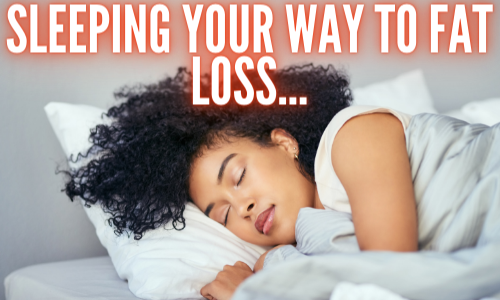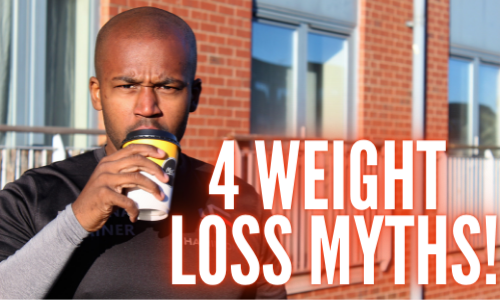Decoding the Ketogenic Diet: What You Need to Know

So, you’ve heard about the ketogenic diet, right? It's the latest craze everyone's buzzing about, even though it's been around for ages. Let's cut through the noise and break it down—because, honestly, it’s more complicated than just cutting carbs.
What is the Keto Diet, Anyway?
The keto diet is all about slashing your daily carb intake to less than 50g. The idea? To make your body switch gears from using glucose (sugar) to burning fat for fuel, thanks to these nifty little things called ketone bodies.
This isn't some new-fangled fad; it actually dates back to the early 1900s as a treatment for epilepsy. Doctors noticed fasting helped control seizures, but let’s be real—no one wants to live off air. Enter the low-carb diet, which mimics fasting benefits without, you know, not eating.
How Does Keto Work?
Our bodies usually run on a mix of fuels:
- Glucose (from carbs)
- Amino acids (from protein)
- Free fatty acids (from fats)
- Ketones (from fats)
Cut carbs, and your body burns through its glucose stash, then turns to fat. As you keep carbs low, you ramp up ketone production. Even an overnight fast gets your body dipping into this fat-burning mode.
Hormones in the Mix
Two hormones are key players here: insulin and glucagon. Insulin wrangles your blood sugar levels when you eat carbs. Glucagon steps in when you’re low on carbs, telling your body to tap into stored energy. Less carbs mean less insulin, more glucagon, and boom—your body is breaking down fat into ketones for energy.
The Good, the Bad, and the Keto
Pros:
- Fat Loss: People love keto for weight loss. You lose water weight first, but real fat loss depends on your calorie game.
- Appetite Control: Less carbs often mean less hunger, so you might end up eating less without even trying.
- Better Cholesterol: Swapping in healthy fats can boost good cholesterol (HDL) and lower the bad stuff (LDL).
Cons:
- Muscle Loss: You might lose some muscle at first. Protein can help, but don’t go overboard.
- Energy Slump: If you're active, expect a dip in energy initially.
- Nutrient Deficiency: Ditching carbs can leave you short on essential nutrients, so keep your diet balanced.
My Take on Keto
Here's the deal: Keto can help with weight loss, sure. But let’s not kid ourselves—living without bread, pasta, or even pizza? Hard pass. Long-term, it's often more hassle than it's worth. Many people end up back where they started, or worse.

Want to Try Keto? Here’s a Cheat Sheet
- Protein: Important but in moderation. Too much kicks you out of ketosis.
- Fat: Your new best friend, but balance it out.
- Carbs: Under 50g per day, ideally around 30g.
- Alcohol: Doesn’t kill ketosis but can mess with fat metabolism.
- Water: Hydrate! Keto can dry you out.
- Caffeine & Fiber: Keep an eye on these. Caffeine can mess with insulin, and fiber, while a carb, doesn’t fully count.
Keto isn’t for everyone. If it sounds like your cup of tea, great! But always do your research and chat with a healthcare professional before diving in.
Final Thoughts
Keto is like that trendy new restaurant everyone’s raving about. It might be fun to try, but probably not somewhere you’ll dine daily. The best diet? One you can actually stick to—while still enjoying life.
Got questions, fitness tips, or keto horror stories? Drop a comment or reach out. Let’s chat!
Blog Posts
SLEEP AND WEIGHT LOSS
Good sleep and weight loss go hand in hand. Yes you heard me correctly. You can prioritise your sleep and it will help you lose body fat! Let me explain... Exercising more can only counter act so much of what may be hurting your sleep, so it's important to get to the root cause of...Continue reading→
THE WEIGHT LOSS MYTHS THAT RUIN RESULTS!
The weight loss myths that ruin results! The reason I decided to become a weight loss coach, was because I believed so much of the false information flying around the fitness industry for years. Which stopped me losing the weight I wanted. This then lead to frustration and regularly beating myself up. At this point...Continue reading→




